
Ben Sir, the scholar-turned-celebrity determined to save Cantonese from a slow death
Benjamin Au Yeung quit his job as a senior lecturer at a top Hong Kong university to enter show business as a stand-up comedian. After a long career in academia studying the culture and language, he says his brave move is part of a mission to ‘revitalise and uplift’ Cantonese
Benjamin Au Yeung Wai-hoo is standing at the entrance to Hong Kong’s Victoria Park holding up a red banner that says “Cantonese won’t die”. Two Mandarin-speaking tourists from another region of China are apparently distracted by the scene, shifting their focus from a nearby fountain to the witty 50-year-old.
Such showmanship is now a common activity for Au Yeung, better known as Ben Sir, a former senior lecturer at the Chinese University of Hong Kong’s Department of Chinese Language and Literature. Earlier this year he left the university he had taught at for 13 years in favour of an unlikely career move into the world of entertainment.
He shot to fame last year when he appeared on a local television programme to teach Cantonese swear words. The show, according to him, has since been viewed more than two million times online. It sparked a realisation inside him that his mission to revitalise the indigenous culture of Hong Kong, Guangdong province and other parts of southern China could better be pursued with star power rather than in the classroom.
He wanted to reach a wider audience with his message that local culture needed to be nurtured in light of the growing presence of Mandarin, China’s national language, and its associated culture from the north. The success of the television show, he says, also made him realise how much he loved performing.
“I am already in my 50s,” he says. “But I think it’s still worth taking risks and having fun.”
Now, as he prepares for his second stand-up comedy show in January next year, which is also mainly about Cantonese swear words, some might say it is a risky business proposition trying to cash in on what many say is a declining dialect.
Hongkongers ‘take their cultural heritage for granted’, laments Cantonese opera master
A census report last year showed 88.9 per cent of Hong Kong’s seven million residents usually spoke Cantonese at home – a decrease from the 90.9 per cent recorded in 2006. More people were speaking English and Mandarin.
Au Yeung believes Cantonese will be pushed out if no one stands up for the dialect.
“I think it’s time for us to reflect on what we can do to help Cantonese thrive,” he says. “We should treat Cantonese like our parents – no matter if they are healthy or sick, we need to respect and look out for them.”
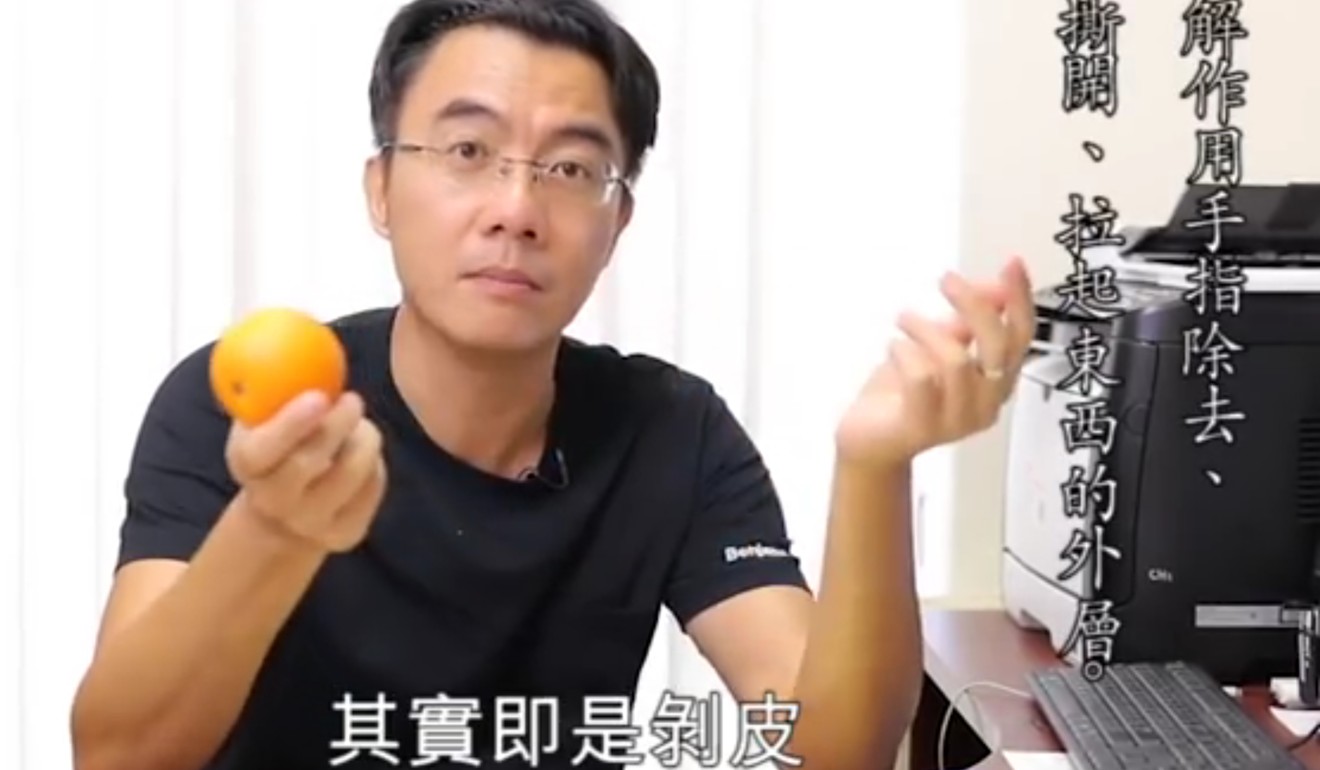
Some expats in Hong Kong find learning Cantonese very hard and prefer learning Mandarin. What do you want to say to them?
I think there is no contradiction between the two languages. You can learn Mandarin first, and then Cantonese. Some people prefer learning Mandarin because they are working for the mainland Chinese market. But if you live in Hong Kong and target the local market, then it’s necessary to learn our language and culture. Let’s say you are a doctor whose mother tongue is English. Some Hongkongers may not know how to express themselves in English, especially when they are sick. Unless you only take care of English-speaking patients, you would need to learn Cantonese to communicate.
Mandarin may be the ‘common language’, but here’s why Cantonese reigns supreme
I won’t arrogantly say that Cantonese is best. But it is worth studying why Mandarin has four tones while Cantonese has nine. It is always interesting and fun to learn something that you find hard. I think we can let these people learn Mandarin first, and then Cantonese, so that they will be pleasantly surprised to find how special Cantonese is.
Watch: learn Cantonese slang with Ben Sir
Some schools in Hong Kong teach students English or Mandarin rather than Cantonese. Do you think Cantonese is valued in our education system?
It seems there’s no place for Cantonese in our education system. Educators may think that way because everyone here can already speak it. Our Cantonese oral exam carries very little weight. Lots of people learning the language say the system of romanisation for Cantonese words is very important, but not many native speakers know about it. The education sector, meanwhile, has come up with lots of excuses for not putting Cantonese into the school syllabus.
Become an insider in Hong Kong with our guide to the trendiest Cantonese phrases in town
But instead of waiting for a change in our education system, why don’t we tackle this problem through our culture? We can highlight the advantages of Cantonese in different areas. For example, we can produce more Hong Kong films, write more Cantonese songs and do more stand-up comedy in and about Cantonese. These will not only entertain people but also enrich their knowledge of the dialect. When we strengthen the role of Cantonese in our popular culture, educators will naturally change the system.
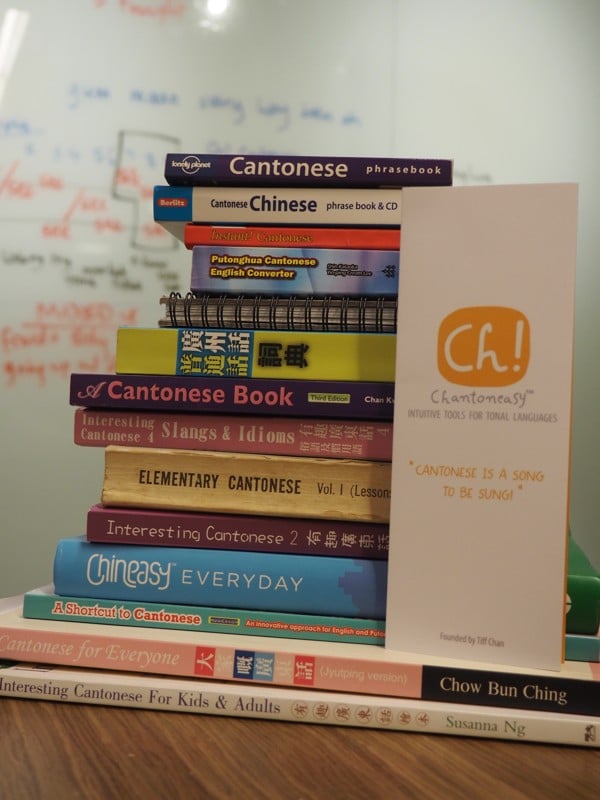
Is Cantonese dying?
It’s dying and diminishing when we look at the statistics. A census report last year showed 88.9 per cent of our population usually spoke Cantonese at home. In 2011, the percentage was 89.5, and it was 90.8 in 2006. Economically speaking, more and more people are shifting their business focus to mainland China, which means knowing Mandarin is a must for them. But that also means fewer people are using Cantonese. People may have noticed that even some primary pupils in Hong Kong are using Mandarin for daily conversation. If this phenomenon continues, Cantonese will be pushed out.
With more speakers of Mandarin than Cantonese in Canada now, what future for the southern Chinese dialect there?
Let’s look at Guangzhou and Shenzhen [where people historically spoke Cantonese]. Nowadays, you need to speak mostly Mandarin when you are at the bank or in a taxi. Lots of migrant workers have moved to these cities from elsewhere in China where they have their own dialects. Luckily, Hong Kong is still safeguarding the importance of Cantonese.
I think it’s time for us to reflect on what we can do to help Cantonese thrive. If you think Cantonese is not dying yet, then you should think about how to keep it going before it dies. We should treat Cantonese like our parents – no matter whether our parents are healthy or sick, we need to respect and look out for them. Actually, I don’t really like to talk about conserving the language because that implies it is dying. I prefer saying that we are revitalising it and making it thrive.
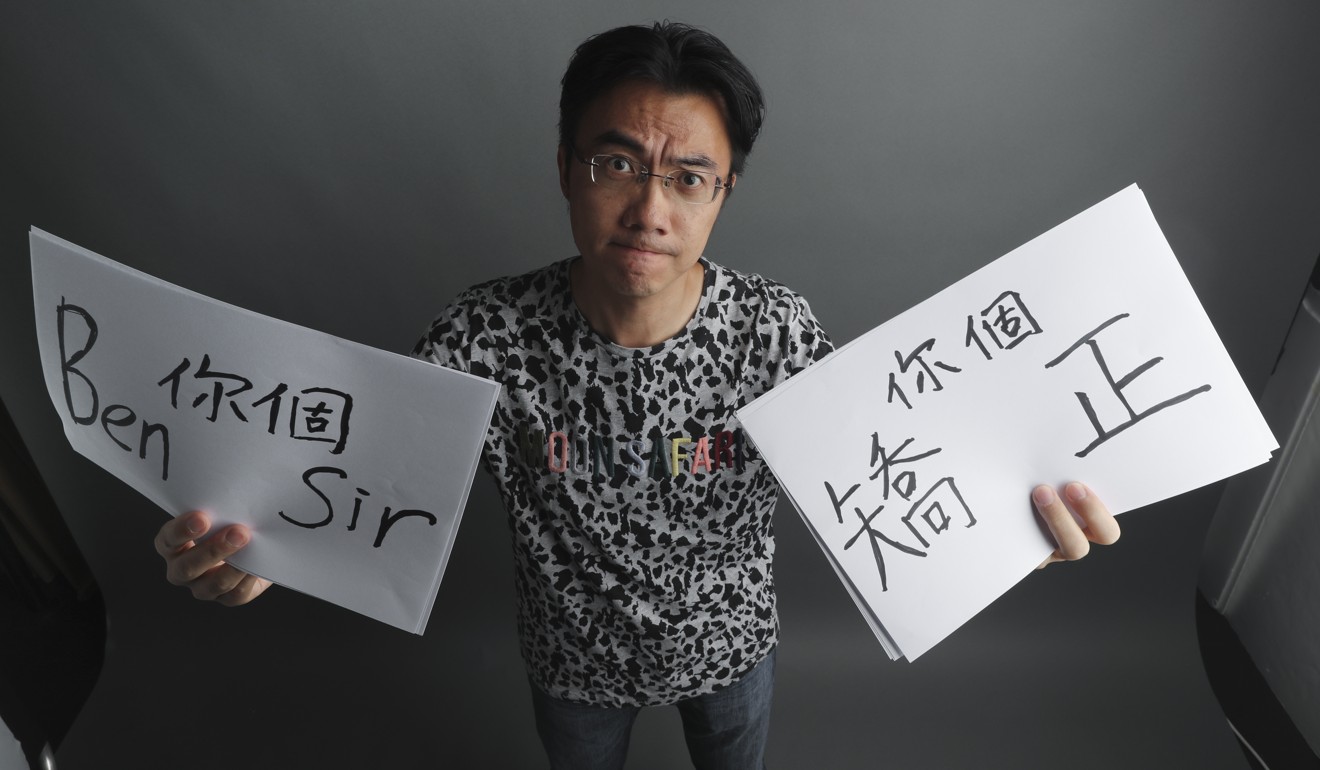
So how can Cantonese speakers keep it going?
We should start writing formal documents in Cantonese. Some mobile phone companies are doing it. They notify their clients about changes to charges by texting them in Cantonese, not formal Mandarin. It’s true that Cantonese is not a formal language, but that’s why we should start changing the norms of the dialect in a formal way. I am not saying we should immediately write the Basic Law in Cantonese, because that involves lots of stakeholders. I’m saying we should take the first step by using more Cantonese in our daily social interaction, such as by writing lease contracts and text messages in Cantonese.
What’s in a word? A lot if it is in Hong Kong Cantonese
Some Hongkongers have rejected Mandarin for social reasons, as they question their Chinese identity. Are you one of these people?
Mandarin is just another language to me. I use it when I travel or work on the mainland. I learn it purely because I need to communicate with people there. But I think it makes sense for those who don’t like a certain country to refuse to speak its language. A language represents a country. The biggest problem in Hong Kong is why young people nowadays dislike their own country, but it’s not my place to comment on that.
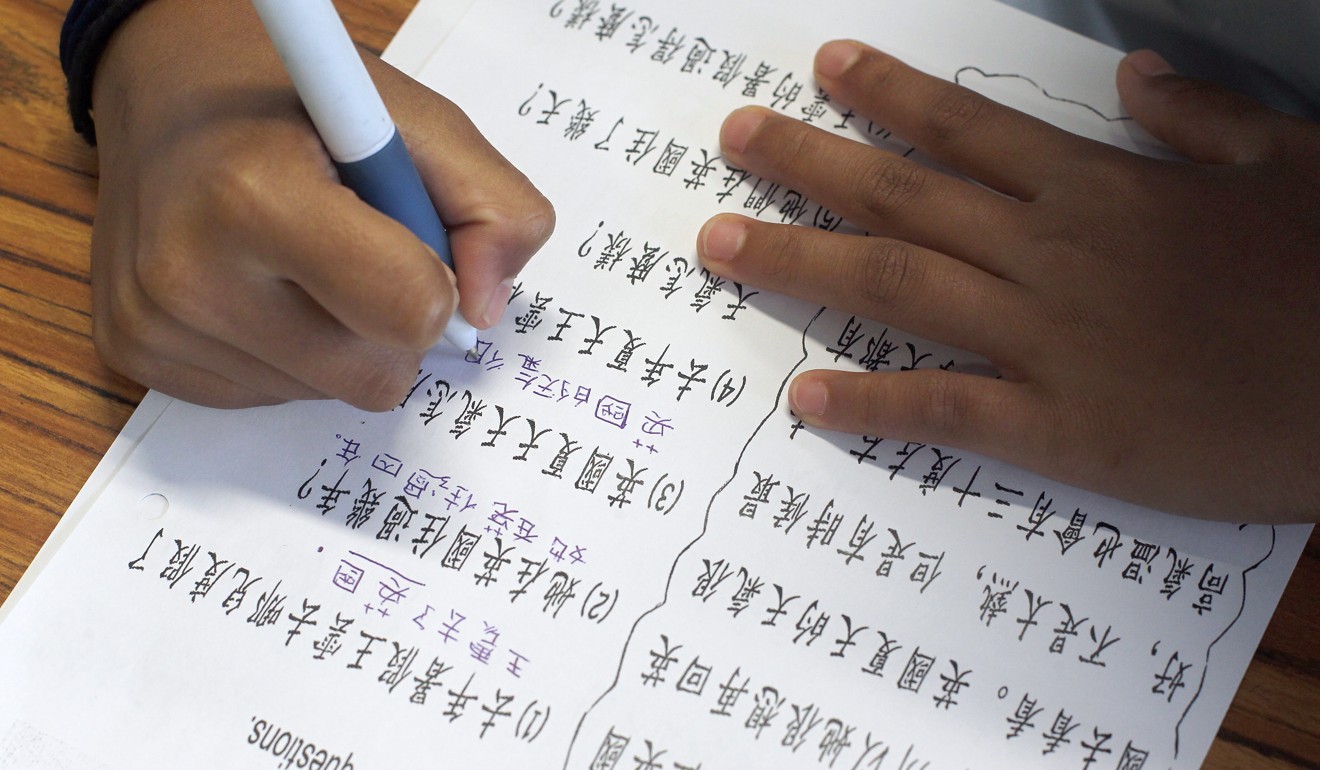
Your major was English when you were an undergraduate. When did you realise you had a strong interest in Cantonese?
When Hong Kong was ruled by Britain, English was placed in a very high position in society. It still is now. But when I was pursuing my PhD I realised that every language is equal. There is a subject called linguistics comparison in my field. When studying it I looked at different languages, including my mother tongue, closely and neutrally. What surprised me was that Cantonese can actually express tenses without using different verb forms like English does. This is how great Cantonese is.
Where the word lascar, and Cantonese mo lo, come from, and the case for changing a Hong Kong street name
What is the difference between a celebrity and a university lecturer in educating people about Cantonese culture?
I can reach out to a larger scope of people now. I promote the culture in a more entertaining way. I can promote the dialect through different performances. For example, my audiences for my stand-up shows actually help me learn more about Cantonese. When they laugh they are not laughing because of me – they are laughing because of the language. Working in show business is often an experiment for me.
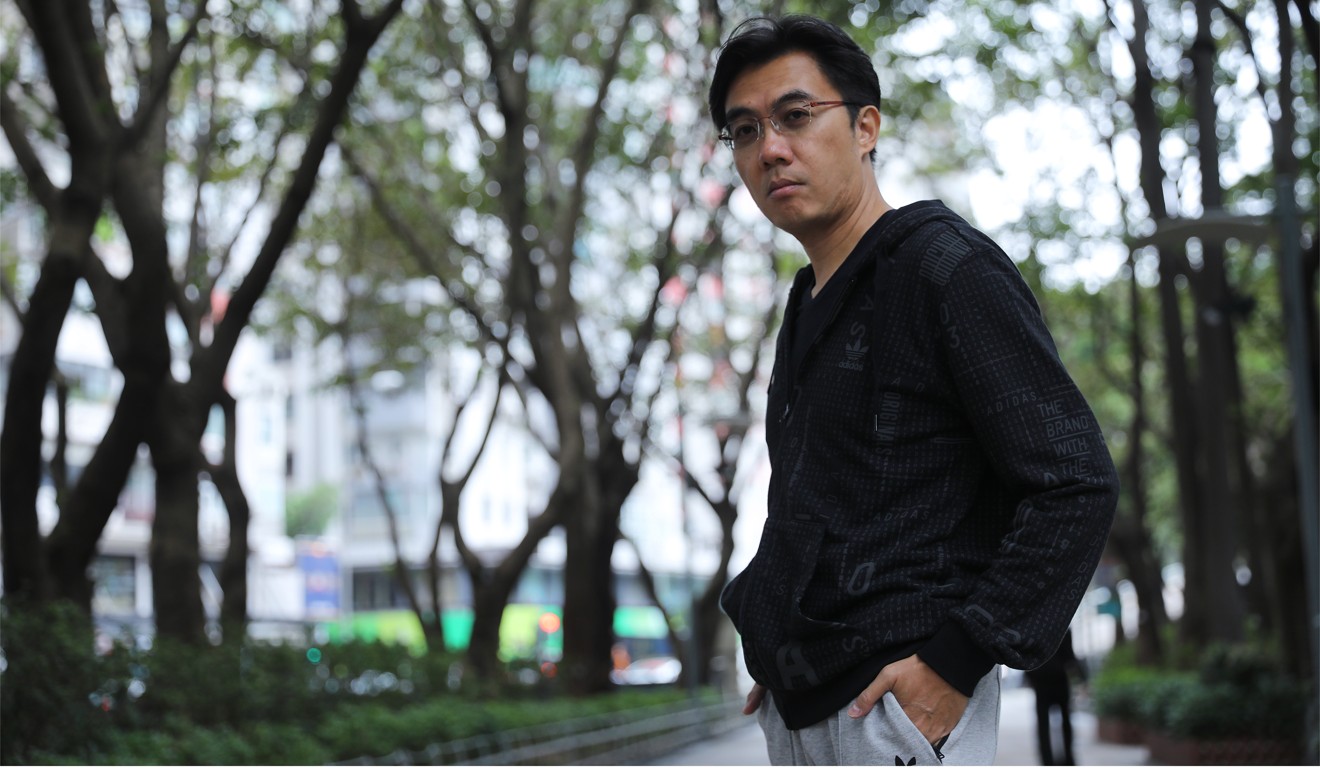
What do your family think about you being in the entertainment industry?
They have been kind of forced to accept it. I had actually already thought about leaving the education field for entertainment even before I became famous. Two years ago I asked my parents if I should try to be a celebrity. They said no because I had studied hard. I replied that since I had studied hard I should now do something fun. Ironically, they like watching me on television.
Hong Kong vloggers keeping Cantonese alive with money-spinning YouTube channels
When did you realise you were making a name for yourself in entertainment?
I did a television show about the culture of Cantonese swear words without actually saying the bad words last year. The show has been viewed more than two million times online. Lots of people, including the senior management at television station TVB, reached out to me afterwards. My schedule was packed with media interviews for months because of the show. After that, I felt like I was on cloud nine.
You seem to have run out of space on the red banner where you wrote “Cantonese doesn’t die”. The word “doesn’t” was placed on the side instead of in the traditional vertical style. Or did you do that on purpose?
I deliberately wrote it that way. Because I believe people have to think out of the box when keeping Cantonese going.
Can you share with us one of your most embarrassing moments?
I was studying in primary school, and we had this school picnic in the garden at Victoria Peak. I somehow got a hole in the front of my trousers. Coincidentally, I wasn’t wearing underpants that day. My classmate saw and asked the teacher for help. I didn’t know our teacher could help us fix this kind of stuff until she took out a sewing kit and patched it up on the spot.
What was your dream job when you were a child?
Either a doctor or lawyer. Because that’s what textbooks usually suggested. I didn’t really think much about my future career when I was a child. I just wanted to go with the flow.
Which film have you watched recently?
I recently watched the American superhero film Justice League. I like how Superman is reborn in the film. And, of course, Wonder Woman is my favourite.
Why do you always tell jokes?
I like making people laugh. I think it’s some kind of battle, and if I manage to make people laugh, then I win. I also challenge myself to see how soon I can make people laugh, even strangers. Maybe this is why I’m an entertainer.

